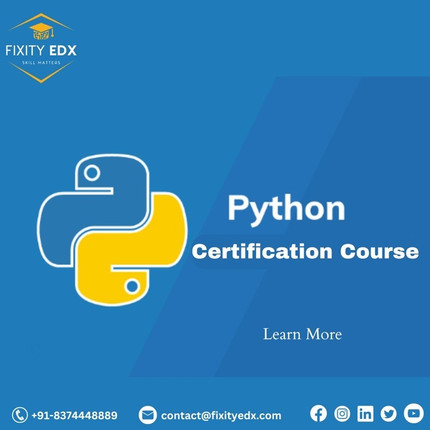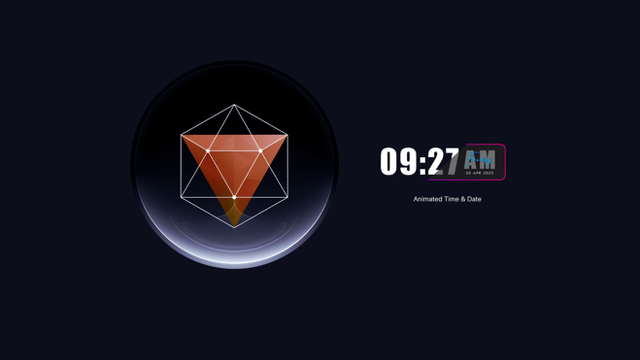HOME | DD
 Jacksonwaytt — Full Stack java certification
Jacksonwaytt — Full Stack java certification

Published: 2023-10-25 07:38:11 +0000 UTC; Views: 129; Favourites: 0; Downloads: 0
Redirect to original
Description
Full Stack Java Frameworks: Streamlining Web Application DevelopmentIn the world of web development, efficiency and productivity are paramount. As technology evolves, developers seek tools and frameworks that streamline the process, allowing them to create robust web applications more rapidly. Full Stack Java developers are no exception, and they turn to powerful frameworks to simplify their work. In this blog, we'll explore the world of Full Stack Java frameworks and how they are revolutionizing web application development.
What Are Full Stack Java Frameworks?
Full Stack Java frameworks are pre-built collections of tools, libraries, and reusable code components designed to expedite the development of web applications. These frameworks offer a structured foundation for Full Stack developers, enabling them to focus on building specific features rather than reinventing the wheel for common functionalities.
The Advantages of Using Full Stack Java Frameworks
Efficiency: Full Stack Java frameworks provide pre-defined templates and code snippets, significantly reducing development time. They offer a structured approach to application design, which can help eliminate errors and reduce debugging time.
Consistency: These frameworks enforce coding standards and best practices, ensuring that your codebase maintains a consistent style and structure. This consistency simplifies maintenance and makes it easier for multiple developers to collaborate on the same project.
Scalability: Many Full Stack Java frameworks are designed with scalability in mind. As your application grows, these frameworks make it easier to manage and expand your codebase.
Security: Security is a paramount concern in web development. Full Stack Java frameworks often come with built-in security features and mechanisms that help safeguard your application against common vulnerabilities.
Community Support: Popular Full Stack Java frameworks have large and active developer communities. This means you can find solutions to common issues, access documentation, and receive support from fellow developers.
Popular Full Stack Java Frameworks
Spring Boot: Spring Boot is known for its simplicity and speed in developing production-ready applications. It offers a wide range of modules for building various parts of an application, from the back-end to microservices.
Angular: Angular is a front-end framework that pairs well with Java back-end technologies. It provides a rich, dynamic, and highly interactive user interface.
React: React is a JavaScript library for building user interfaces, often used with Java-based back-ends. It excels in creating single-page applications.
Hibernate: Hibernate is a powerful and flexible framework for working with databases. It simplifies database operations by allowing developers to work with Java objects rather than SQL.
Spring MVC: Spring MVC is part of the larger Spring framework. It focuses on building robust, scalable, and flexible web applications by providing features for building the back-end of the application.
How to Choose the Right Full Stack Java Framework
Selecting the right framework for your Full Stack Java project depends on various factors, including project requirements, team expertise, and scalability needs. Here are some considerations:
Project Scope: Evaluate the specific needs of your project. Some frameworks are better suited for certain types of applications, like e-commerce, social networking, or content management systems.
Team Proficiency: Consider the skillset of your development team. Choose a framework that aligns with their expertise to ensure efficient development.
Scalability: If you anticipate significant growth, opt for a framework designed for scalability. This will save you from having to rewrite your application's core components in the future.
Community and Documentation: Check the availability of resources and support within the framework's community. Strong community support can be invaluable when you encounter challenges.
Conclusion
Full Stack Java frameworks are invaluable assets in modern web development. They empower developers to create robust and scalable applications efficiently. Whether you're a seasoned Full Stack Java developer or just embarking on your journey, these frameworks offer a streamlined path to web application success. Selecting the right framework for your project is key, so be sure to assess your project's specific needs and your team's expertise to make an informed decision. With the right framework at your disposal, you can navigate the complex landscape of web application development with confidence.






















